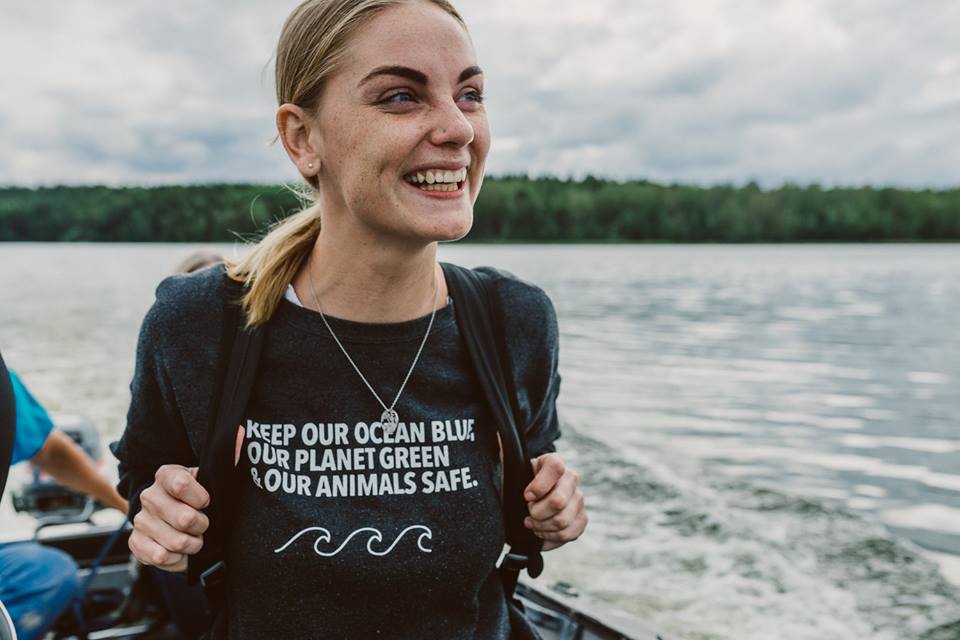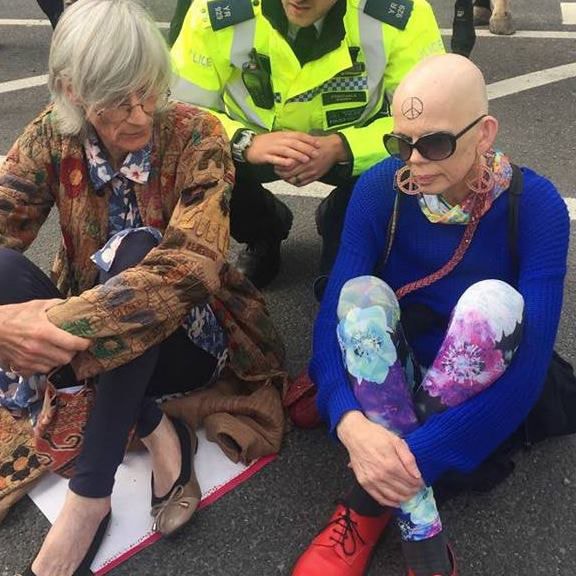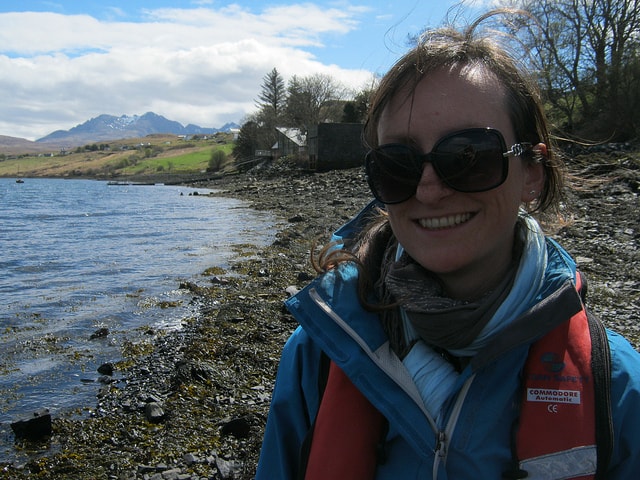Talking about flying less is always a challenge.
For many people, the scale of the climate problem is so huge that it’s impossible to contemplate how we might do something about it. For others, any action we take as individuals seems futile. Many others might not be aware just how urgent taking climate action is.
One of the most important parts of climate action is simply talking about it. Use our tips to help you to get that difficult conversation started.
Be nice
It sounds obvious, but it’s important to stay friendly. People are less likely to engage if the narrative is challenging or hostile.
It can be easy to feel angry when people don’t understand the scale and urgency of the climate crisis, but no one will want to take climate action if they feel attacked, or that the movement is not full of nice people.
Find out where they’re at
Everyone comes to climate action in their own time, and cutting down on flights or quitting altogether is a lot to imagine for some people. Find out where this person is at, and start there.
Perhaps they could ask their boss about reducing work flights by one a year. Perhaps they could speak to their friends about having a UK holiday rather than flying abroad. People feel much more empowered to make a change if they can see how it fits into their life.
Share your experiences and passions
Talk about why not flying, or flying less, is important to you. Tell a story about a flight-free holiday you have had. Making it personal usually helps others to not feel attacked.
Ask questions – and listen to the answers
If someone has just mentioned their holiday by air, you could ask, ‘Have you considered travelling to x location (i.e. closer to home)?’ or ‘Maybe you could go by train next time?’ If you ask in a non-challenging way, it should open up a conversation rather than shut it down.
Keep it positive
Try to avoid negative or guilt-inducing language. Talk about how taking action on issues such as this can make a positive impact, and how we can still go on holiday while having a better travel experience as well as benefitting future generations.
Answering common questions
Often, the conversation veers towards statements such as, “the plane is going anyway,” and “it should be up to the government to change, not me.” Acknowledge that these are valid viewpoints, and put forward a different side to the argument.
For example, your decision not to take one flight won’t stop that particular plane from taking off, but in time, and as more people choose not to fly, the number of flights will decrease. The transport system works on a supply-and-demand basis, and we are already seeing the effects of consumer choice on the rising number of rail services across Europe.
The FAQ page on our website has some more answers to common questions.
Have a few facts up your sleeve
Some facts about transport emissions could add punch to your conversation. Relate them to what the person cares about. For example, if they are trying to bring down their meat consumption, they might be interested to know that a flight to Crete generates the same amount of CO2 that being vegan for a year saves.
Or if they are concerned about justice issues, you could point out that aviation only benefits the 5% of the global population that regularly flies, yet the negative effects of rising greenhouse gas emissions are felt all over the world – especially among communities that have done the least to cause the climate crisis.
Have courage!
Don’t assume that people don’t care about this. Assume that everyone would be prepared to fight for the climate if they knew what was at stake. By having an easy-going conversation, it’s possible to discuss those issues in a non-judgmental way. People might be more receptive than you think.




